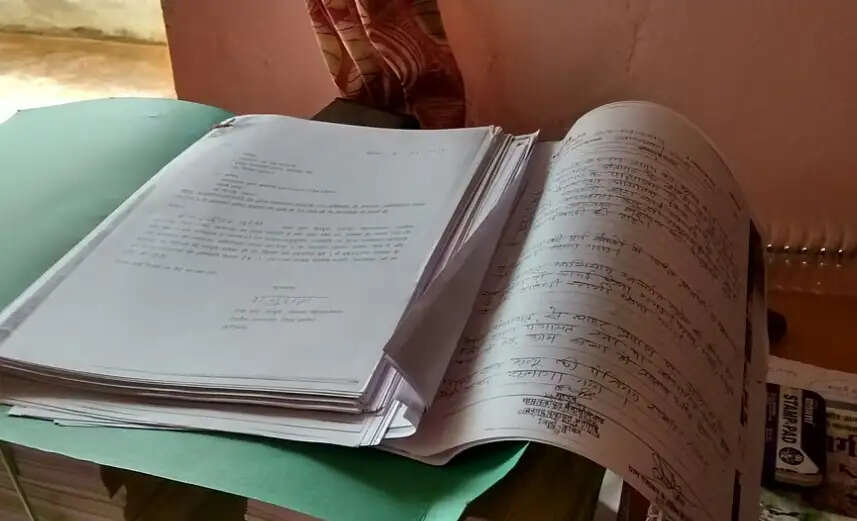Reforming civil justice in Karnataka: Case management for speedy disposal
To facilitate the speedy disposal of cases, the Code of Civil Procedure (Karnataka Amendment) Bill, 2024 to amend the CPC was recently passed by the Karnataka Legislative Assembly.
Feb 27, 2025, 05:26 IST

A key change introduced by the Bill is the introduction of case management hearings for civil cases, akin to those in commercial courts. Effective case planning can help bring certainty in day-to-day hearings and ensure steady progress, which in turn can empower the judiciary to dispose of cases effectively and in a timely manner.
Most of the changes introduced by the Bill appear to be inspired by the Commercial Courts Act. While the new provision relating to case management expects the court to set dates for each case within which certain progress in the case must be made, such as recording of evidence, filing of written statements and hearing of oral arguments, the Bill also lays out timelines for arguments and evidence.
Karnataka's civil justice system has been grappling with significant case backlogs, leading to prolonged litigation and delayed justice delivery. To address these challenges, the state has been implementing case management strategies aimed at expediting case disposal and enhancing judicial efficiency.
Current State of Case Pendency
As of May 2024, Karnataka's lower courts have disposed of over 6.2 lakh cases, while the High Court has resolved approximately 25,985 cases. Despite these efforts, the judiciary still faces a substantial backlog, with nearly 21.4 lakh cases pending—18.9 lakh in lower courts and 2.5 lakh in the High Court. This backlog underscores the necessity for effective case management practices to streamline judicial processes and reduce delays.
Case Management Initiatives
In response to these challenges, Karnataka has undertaken several initiatives:
Constitution of District Case Management Committees: The Bengaluru Urban District Judiciary has established committees dedicated to overseeing case management practices. These committees are responsible for implementing strategies that ensure timely progression and resolution of cases.
Implementation of Case Information System (CIS) 3.0: This system facilitates efficient case tracking and management across the state's judiciary. By digitizing case records and automating workflows, CIS 3.0 aims to reduce administrative bottlenecks and expedite case processing.
Promotion of Alternative Dispute Resolution (ADR) Mechanisms: Karnataka actively encourages the use of Lok Adalats and mediation centers to resolve disputes amicably. These platforms offer litigants alternative avenues for settlement, thereby reducing the burden on conventional courts and facilitating quicker resolutions.
Impact of Case Management Practices
The adoption of structured case management has yielded positive outcomes:
Increased Case Disposal Rates: The High Court of Karnataka has reported an improvement in its Case Clearance Rate (CCR), indicating a higher number of disposed cases relative to new filings. This trend reflects the effectiveness of implemented case management strategies.
Enhanced Judicial Efficiency: The integration of technology through systems like CIS 3.0 has streamlined case handling, reduced manual errors, and improved overall court efficiency.
Challenges and the Way Forward
Despite these advancements, challenges persist, including judicial vacancies and resource constraints. Addressing these issues requires continuous efforts in capacity building, infrastructure development, and the refinement of case management practices. Collaborative efforts between the judiciary, government, and legal fraternity are essential to sustain momentum towards a more efficient and responsive civil justice system in Karnataka.
